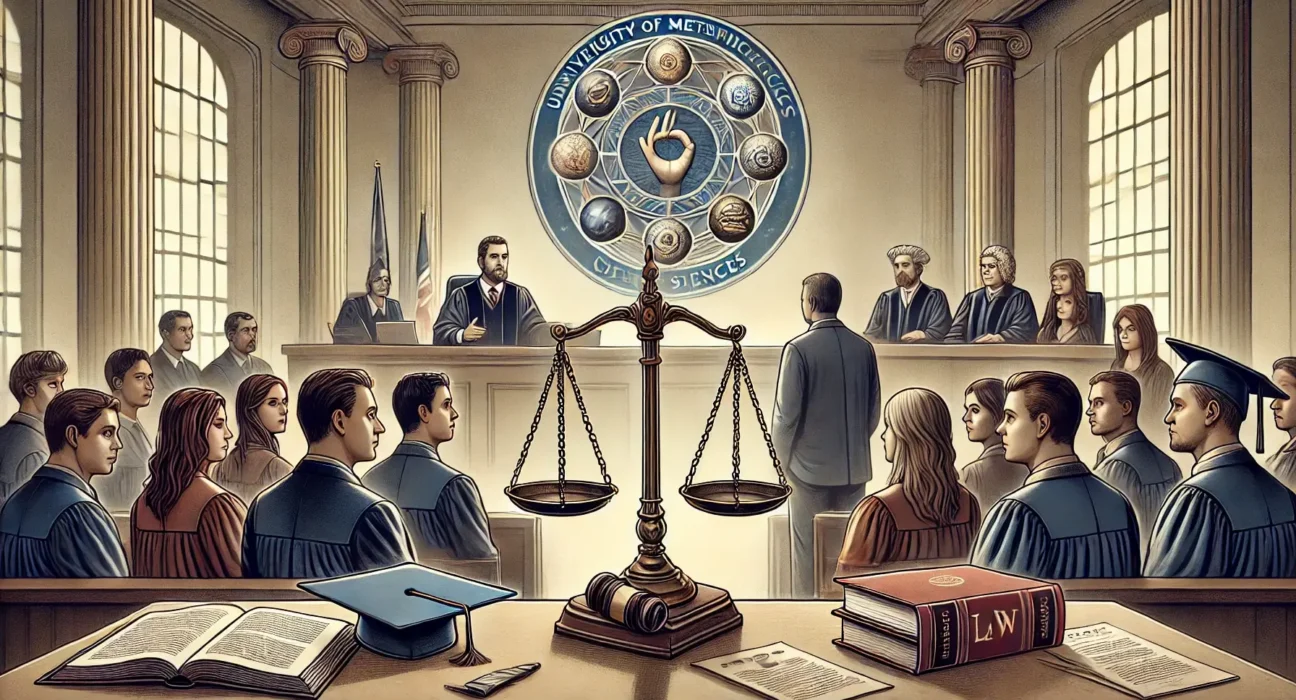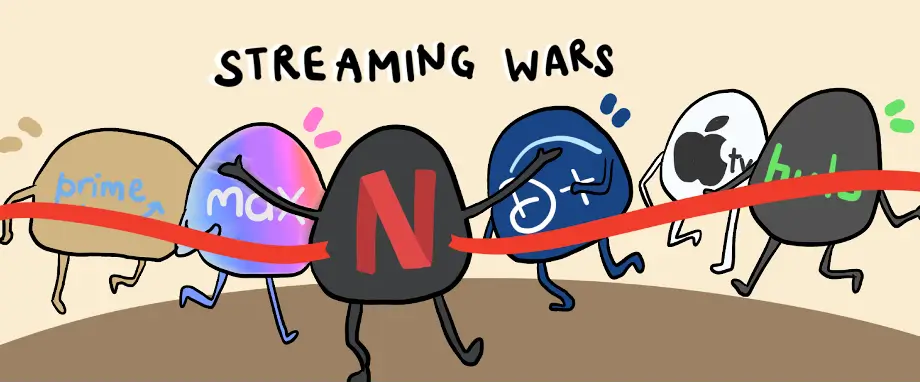The University of Metaphysical Sciences (UMS), which provides training in spiritual and metaphysical disciplines, is currently in a legal dispute that has attracted the attention of the religious community and the general public. The legal battle that has been pending for several months is an array of complicated allegations and counterclaims between UMS and former staff members, students, and various other parties. While the legal proceedings are in progress, essential university of metaphysical sciences lawsuit update could affect the future of UMS and its place in the larger metaphysical landscape of education.
Background of the Lawsuit
The University of Metaphysical Sciences(UMS), located in California, offers various degrees and certificates in areas like spiritual counseling, metaphysical sciences, energy healing, and holistic wellness. The school is acknowledged as a spiritual institute that offers distance learning courses for students worldwide.
The lawsuit was initially initiated by former faculty and student members who alleged a range of grievances. They include breaches of contract, inability to provide promised educational services, and inadequate handling of student money. Plaintiffs claim that UMS has misrepresented the quality and nature of its offerings, leading to financial losses and stress for those misled by UMS’s claims.
The legal claims are centered mainly on the areas listed below:
Infraction of the Contract
Former students claim that the school did not provide the support and services that they were promised under their admission agreements. The allegations include unfulfilled commitments regarding the quality of the course, the absence of instructors with qualifications, and the inability to provide sufficient resources for their coursework.
Fraud and misrepresentation
The plaintiffs assert that UMS could not accurately represent its quality and the importance of its programs to draw students, primarily in marketing materials that exaggerated the legitimacy and credibility of the institution.
Financial Mismanagement
A different aspect of the case is accusations of misconduct in the financial sector, which includes Mismanagement of tuition fees and misuse of funds intended for students’ education.
Depression
Certain plaintiffs have also filed lawsuits to remedy emotional stress, asserting that the university’s actions have caused substantial emotional and financial damage.
More to Checkout: Vault opener Nyt Crossword
UMS Response to the Lawsuit
Responding to the suit, UMS denied all misconduct accusations and prepared an aggressive defense. UMS claims that it has remained true to the requirements of its educational programs and that the problems raised were a result of unrelated events or miscommunications. According to the legal team, the plaintiffs’ claims are not substantiated and lack evidence.
UMS has also released an announcement highlighting its commitment to providing students with an enriching and supportive learning environment. The school says it has assisted many students in attaining personal and spiritual growth through its programs and hopes to carry on its mission to spread metaphysical knowledge.
Key Developments in the Case
In the last few months, various changes have taken place, altering the course of the litigation. They include:
Settlement Discussions
Recently, both parties have entered into negotiations to settle the issue without further litigation. Although no formal agreement is in place, discussions are ongoing, and both parties have expressed an interest in negotiating an acceptable solution for all parties.
Court Decisions on Evidence
In the latest court hearings, a judge decided that certain documents from plaintiffs may be admissible in court, such as internal documents from UMS, that claim to show inconsistent policies regarding finances and the curriculum. They could be an essential aspect of the decision-making process for the lawsuit.
Regulations Examination
Following the suit, UMS has been subject to greater scrutiny from state education authorities. There are some concerns regarding the university’s accreditation status and whether the programs it offers meet the standards established by accrediting organizations. The result of this lawsuit could have implications for other institutions that aren’t accredited that offer similar programs.
Impact on the Metaphysical Education Industry
UMS’s lawsuit has significant implications. UMS lawsuit has important implications, not just for the institution itself, but also for the more significant metaphysical education sector. With more and more students turning towards alternative ways of learning that include metaphysical and spiritual study, these legal issues facing UMS pose questions regarding the oversight and regulation of educational institutions that are not traditional.
Higher scrutiny of spiritual institutions
When legal battles such as this occur, there’s likely to be increased scrutiny of other spiritual and metaphysical institutions. They are outside the traditional educational system and are often not formally accredited, making it hard to evaluate their courses’ credibility and quality. This could be an alarm for students and regulators to demand more excellent standards of transparency and accountability from these organizations.
Impact on students and potential graduates
Current and future students of UMS The lawsuit has raised questions regarding what the future holds for their degrees and accreditations. If the court decides against the plaintiffs, it could result in losing faith in the worth of UMS’s courses, making it more difficult for graduates to earn recognition in the metaphysical and spiritual communities. It could have long-term implications for those who have invested time, money, and effort into finishing their degrees.
The changing legal landscape for non-accredited institutions
The result of this case could establish the standard for other non-accredited institutions offering alternative education. Suppose UMS is found to have breached its commitments to financial or contractual obligations. In that case, that may cause ripple effects throughout the entire sector, resulting in other schools being subject to litigation and pressure to change their operations. It could also result in more oversight of metaphysical and spiritual educational programs that are subject to minimal oversight.
Looking Ahead
While the legal proceedings are ongoing as the legal proceedings continue, the future of the University of Metaphysical Sciences remains in doubt. Both parties have a stake in the desire to settle the matter; however, given the complexities of the issue, there is a good chance that the matter will take some period before an end-to-end solution is reached.
The main result of the ongoing suit can be that the metaphysical educational sector is being scrutinized more closely, and the institutions operating within this field may need to reconsider their methods to ensure that they are accountable, transparent, and fair to their students.
Although the result of the UMS lawsuit will undoubtedly significantly affect the school, its wider implications could alter how spiritual and metaphysical education is seen and managed in the coming years.






